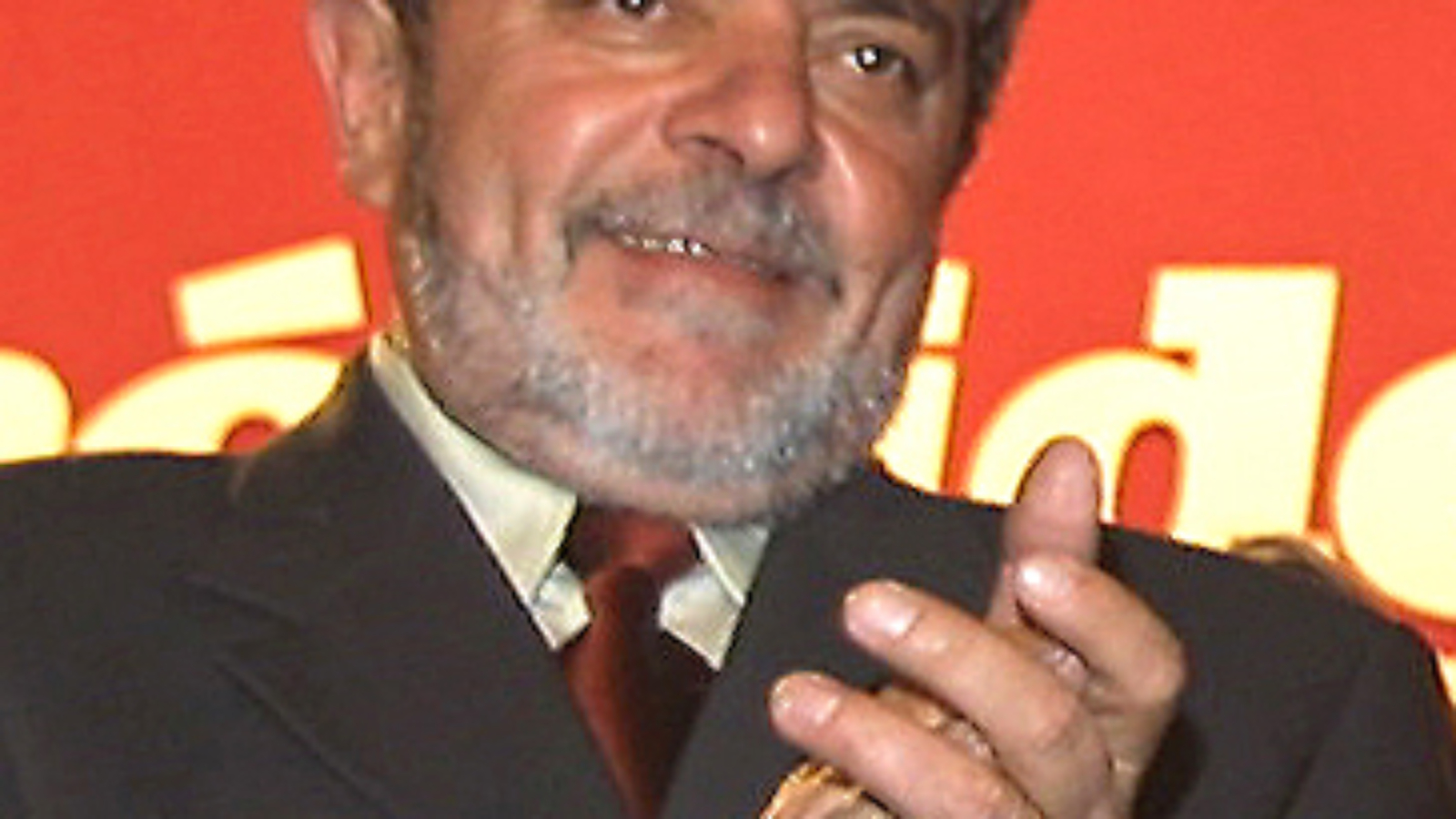Lula da Silva met Wednesday with President Rupiah Banda of Zambia, marking the first visit of a Brazilian President to the country. Zambia is the 26th of Africa’s 53 nations that Lula has visited—six of them on his current (and ninth) trip to the continent, which has centered on Brazil's calls to include more developing countries in the UN decision-making process. With Lula’s term set to expire in less than five months, commentators speculate that the visits are part of larger efforts to position himself for a post-presidential post with the United Nations, including head of the Food and Agricultural Organization (FAO), or perhaps for a role as a special envoy to Africa.
However, the visit came just two days after his meeting with President Obiang of Equatorial Guinea, the latest in a string of talks with leaders seen to be despotic, including several with President Ahmedinejad of Iran. After his session with Obiang, Lula noted their joint “agreement to safeguard democratic principles and cooperate against organized crime.” Obiang is alleged to have falsified election results and to have embezzled some $600 million from his country.
But just how bad some of these leaders are is not the point—and neither are Lula’s considerable star-power nor what may be good intentions. The Brazilian President has made huge efforts to strengthen ties, but he is overestimating both the importance of his country’s relationship to the continent and his ability to bring this relationship closer to its potential. Blogger Gabriel Elizondo of Al-Jazeera points out that Brazil’s economic and diplomatic ties to Africa still lag far behind those of the other BRICs. Brazil has just 28 embassies in Africa, behind Russia's 30, India's 37, and China's 47. IMF figures indicate that Africa accounts for only 11 per cent of Brazil's total imports, as compared to 20 per cent for India and 64 per cent for China, while just 20 per cent of Brazil's exports are destined for Africa, the same percentage as India but way behind China’s 58 per cent. According to FDI Intelligence, between 2003 and 2009 Brazil only had 25 major investment projects in Africa worth a total of $10bn, compared to Russia’s 47 worth $9.3bn, India’s 130 worth $25bn, and China’s 86 worth $28.7bn. –David Black
Isaías Rodríguez, the Venezuelan ambassador to Spain, has publicly criticized the Spanish People’s Party (PP) for interfering in internal elections. The accusation came after Caracas Metropolitan Mayor Antonio Ledezma met with MPs from the People’s Party in Madrid, urging them to oversee Venezuela’s September 26 parliamentary elections.
Ledezma, who was stripped of his powers and budget funds by President Hugo Chávez after his election as mayor in 2008, met with Spanish officials to discuss the mistreatment of opposition party members in Venezuela. After the meetings, PP spokesperson Dionisio García Carnero called a press conference to throw the party’s support to Ledezma for his “defense of democracy.” Ledezma also called on Spanish President José Luis Rodríguez Zapatero to encourage comprehensive political reforms in Venezuela. Carnero asked Zapatero “to defend human rights and support Venezuela’s democracy.”
However, Rodríguez has claimed that the PP should have no role in Venezuela’s upcoming elections. The Spanish Parliament is expected to debate the future of Spain’s relations with Venezuela in light of Ledezma’s accusations. —Peter Bozzo
More than 3,000 protesters took to the streets in Guinea to protest the first round of presidential elections held last month. Many charged that there were substantial inconsistencies in the election and that some degree of rigging had taken place. No candidate obtained an absolute majority, so two candidates are being moved to a second round. However, many of those rallying supported Sidya Toure, a former prime minster, who the protestors charged was himself a victim of voter fraud and deserved to be in the second round.
Nevertheless, President Barack Obama congratulated Guinea on its first-ever free election and stressed the importance of having a “peaceful” second round. —Seth Walder
 In an effort to provide more households with access to electricity, the West African states have adopted a solar energy initiative.
In an effort to provide more households with access to electricity, the West African states have adopted a solar energy initiative.
Currently, only 20 percent of the West African population has access to electrical energy. Establishing solar power plants throughout the region would lead to a sharp increase in solar-generated electricity, while at the same time reducing African dependence on fossil fuel, a limited resource and the main source of energy in much of West Africa.
Senegalese president Abdoulaye Wade, at the meeting of the Economic Community of West African States [ECOWAS], added that in a region with “an abundance of sunshine and possession of the largest desert in the world,” it was only logical to employ solar power as a means to achieving a more modernized Africa.
However, before Wade’s initiative may be implemented, he will need to demonstrate that such a plan is both clean and cheap. ECOWAS has assigned a host of engineers and accountants to assist Wade in his efforts. Meanwhile, ECOWAS will explore a variety of other energy options, including the installation of large-scale hydropower plants. The group will reconvene in a few months time to determine the most cost-effective and energy-efficient initiative. —Yaffa Fredrick
